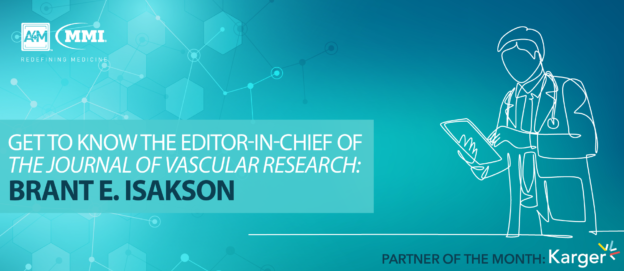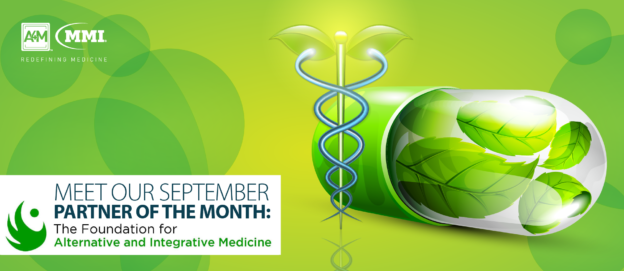Get to know an Editor-in-Chief: Brant E. lsakson (Journal of Vascular Research)
1. Can you tell us a little about yourself?
I was raised in the middle part of the United States, which is predominantly flat farmland. Even though I live on the East Coast of the US now, I am still nostalgic for that part of the US. I enjoy reading history, playing with my kids, coffee, and working outside.
2. You are a professor of molecular physiology and biological physics and part of an ambitious interdisciplinary research effort to understand how cells communicate. How did you become interested in your field?
I first became interested in cell-cell communication while an undergraduate student. I took an independent study class on endocrinology and thought it was fantastic! Because of this class, I applied to graduate school and worked on calcium signaling and gap junctions between cell types with Dr. Scott Boitano for my PhD, and further focused on heterocellular communication between the endothelium and smooth muscle during my post-doc with Dr. Brian Duling. Both professors were quite instrumental in fostering my passion for the topic. I have been hooked ever since, and cellular communication remains the essential theme of my lab.
3. Which other exciting developments are currently taking place in the field?
From a very biased perspective based on my science, I see purinergic signaling having a resurgence of interest and activity with a lot of high-impact work coming out in the pannexin and CALHM channel fields. Although the receptors for purinergic signaling have been known for some time, how the purinergic signal escapes the cell has been unknown. The discovery of non-red blood cell hemoglobin and its potential physiological roles has also been quite interesting.
4. What advice would you give to someone just starting their career?
Create your own niche and do something different, i.e., focus on being creative. I am an advocate of not following the canonical pathway, in life or science! Science can get weighed down by dogmatic assumptions. It’s your job to break free from those assumptions and make the novel discoveries.
5. What do you feel makes the Journal of Vascular Research special in the publishing landscape and are there papers you would like to see submitted to JVR?
JVR is one of the oldest journals dedicated to vascular research. The journal is run by active researchers who understand how important quality and reproducible science is to the scientific community to move forward. In terms of papers I would like to see in JVR, my preference would be for manuscripts with novel ideas that push the boundaries of our current vascular biology using new technology or testing new concepts. New methods, especially genetic models, would also be of great interest to JVR.
Brant E. Isakson, PhD
Professor of Molecular Physiology and Biophysics, Resident Faculty of the
Robert M. Berne Cardiovascular Research Center, UVA School of Medicine Pinn
Scholar, University of Virginia School of Medicine



